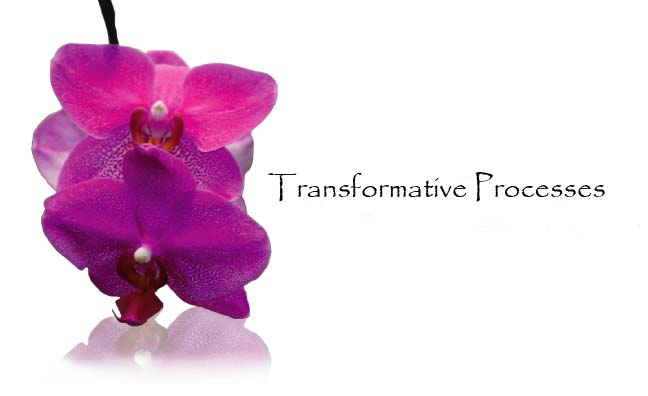
Discernment
Critical reexamination of the basic building blocks of our social order, including masculinity, femininity, spirituality, materialism, whiteness, nature, success—so as to understand their distortion by hierarchization and polarization.
Discernment involves both a critical evaluation of each pole of the hierarchical polarization paradigm and the values, practices, and institutions constructed around these polarities. In the broader context, discernment involves identifying and correcting the distortions and injustices caused by polarization and domination/subordination.
Challenging Polarization:
Polarization occurs when two mutually exclusive groups within a category are made to be different and opposed to each other. When polarized between men and women, the basic human traits of directivity and receptivity degenerate into arrogance, insensitivity, and domination for men, and self-effacement, oversensitivity, and subservience for women. These distorted traits are then built into unbalanced and dysfunctional economic and social institutions.
- Race: Reexamining racial profiling of minorities in the criminal justice system
- Gender: Critiquing the assignment of human traits into masculinity and femininity. Masculinity is generally associated with domination, competitiveness, and athleticism, while femininity is generally associated with compassion, subservience, and a more nurturing nature.
- Class: Questioning why poor people are regarded as lazy or incapable while the rich are more respected and admired
Challenging Domination/Subordination:
A major type of discernment addresses the distortions and injustices caused by domination/subordination. Domination/subordination is when the to-be-dominant group is given permission to use its power to increase its own power and resources at the expense of the subordinate group. By allowing society and the economy's resources to aggregate at the top of the social hierarchy, people who are at the bottom (subordinate) group are denied the opportunities given to those in the dominate group.
In dominant groups:
Those in the dominant groups were involved, whether it be actively or passively, in unfair and oppressive institutions that benefited them. The last four transformative processes have eroded their internalized rationalizations (i.e. racism, sexism, materialism, etc.) for their exploitation. Their knowledge of the oppressive institutions and hierarchical polarization processes has increased from the prior processes, leading to changes on a personal level. Everyday actions become altered, as they start to acknowledge and even reject their privileges.
In subordinate groups:
Those in the dominant groups were involved, whether it be actively or passively, in unfair and oppressive institutions that benefited them. The last four transformative processes have eroded their internalized rationalizations (i.e. racism, sexism, materialism, etc.) for their exploitation. Their knowledge of the oppressive institutions and hierarchical polarization processes has increased from the prior processes, leading to changes on a personal level. Everyday actions become altered, as they start to acknowledge and even reject their privileges.
- Race: By paying dismal wages to foreign workers and providing poor working conditions, corporations are exploiting the resources of "subordinate" races. Critiquing why this occurs.
- Gender: Questioning why women are not included more in the upper levels of management of a corporation.
- Class: Examining the sources of class privilege. Why are more resources funneled into wealthier communities?
Created by Andrea Chu and Aileen Hagerman; Date modified: April 3, 2009; Econ 243